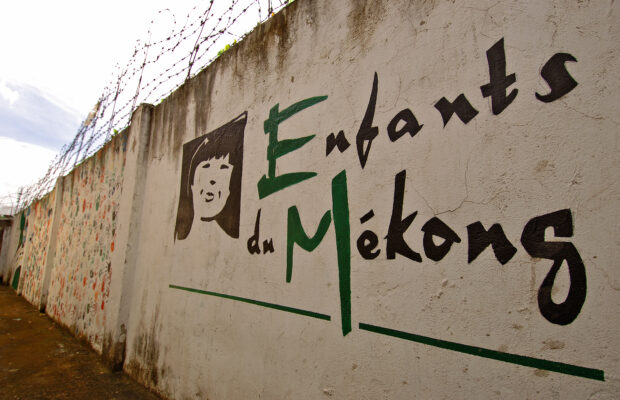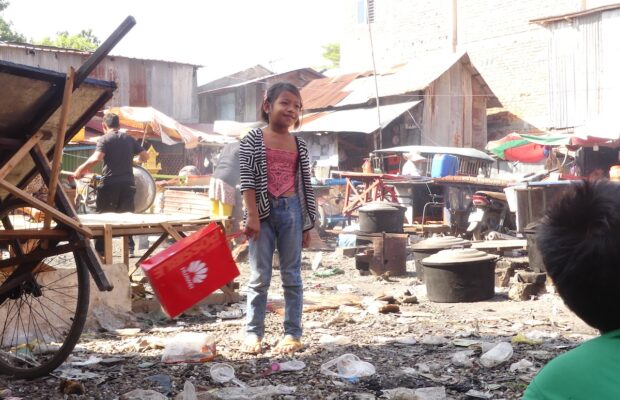
Bridging the Gap: Limited Education Funding in Philippine Rural Areas
Limited education funding poses a significant challenge in rural and isolated areas of the Philippines, hindering access to basic services. This shortage impacts the quality of education, including inadequate infrastructure, limited educational resources, and low teacher salaries, making it difficult to attract qualified educators.
Consequently, students in these areas face lower-quality education compared to their urban counterparts, perpetuating a cycle of poverty and marginalisation within these communities. Without proper education, individuals are unable to acquire the necessary skills and knowledge needed for economic advancement and social mobility. Moreover, the lack of educational opportunities sometimes hampers access to other basic services such as healthcare and technology as well.
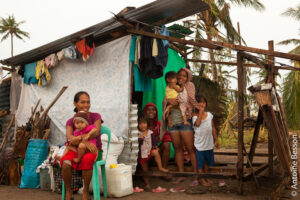
To address this issue, increased investment in rural education from both the government and private sectors is essential.
Empowering Rural Communities: Nonprofit Solutions
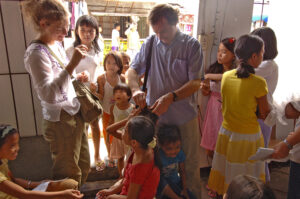
Nonprofit organisations play a crucial role in improving education and basic services in remote communities as they bridge the gaps in access to quality education and basic services such as healthcare, clean water, and sanitation. These organisations often collaborate with local governments, community leaders, and other stakeholders to identify specific needs of remote communities.
Their programmes focus on improving educational facilities, training teachers, providing scholarships or school supplies to disadvantaged students, and promoting literacy campaigns. Furthermore, they work towards enhancing access to basic services by constructing infrastructure like schools, health centers, water systems, and sanitation facilities. They also conduct awareness campaigns on health issues and provide medical assistance to underserved areas.

Through their initiatives, nonprofits empower rural communities by equipping them with essential resources and knowledge.
Innovative Funding Solutions for Rural Education
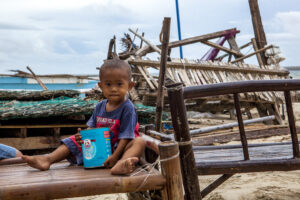
In order to address the challenges faced by rural and isolated populations in accessing basic services, innovative approaches to funding education have emerged in the Philippines. One such approach is the establishment of public-private partnerships (PPPs) that aim to bridge the gap between government resources and private sector expertise. Through PPPs, corporations provide financial support for education initiatives in rural areas, while also sharing their knowledge and resources to improve the quality of education.
Another innovative approach is the utilisation of technology, specifically mobile phones and internet connectivity. Mobile learning platforms have been introduced in remote communities, allowing students to access educational materials online even without traditional classroom settings. This not only provides equal educational opportunities but also encourages self-directed learning. Furthermore, community-driven initiatives play a significant role in funding education.
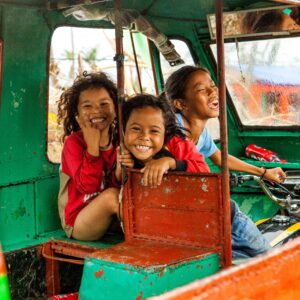
Promoting Equality: Nonprofit Impact on Basic Services
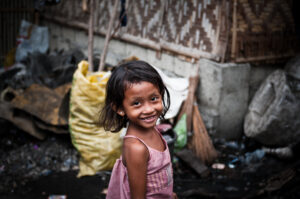
Promoting equality and ensuring access to basic services for rural and isolated communities in the Philippines is a crucial endeavor that requires the active participation of nonprofit initiatives. Collaborating with local stakeholders, these initiatives establish community-based programmes, providing healthcare, education, water, and sanitation solutions tailored to community needs. By focusing on sustainable development projects tailored to the specific needs of these communities, nonprofits can help improve their overall well-being. They can also support educational initiatives by building schools or providing scholarships for students in remote areas.
Through these efforts, nonprofit initiatives are instrumental in ensuring that rural and isolated populations have equal opportunities to access basic services necessary for their development and upliftment.
Children of the Mekong are among how we can support street children. Child sponsorship is crucial in providing education and vocational training for substantial and sustainable employment. Obtainment of education for children in rural areas, increases employment prospects as adults with potentially better pay and better working environments, allowing them to stay and work in their community to enhance the economy.
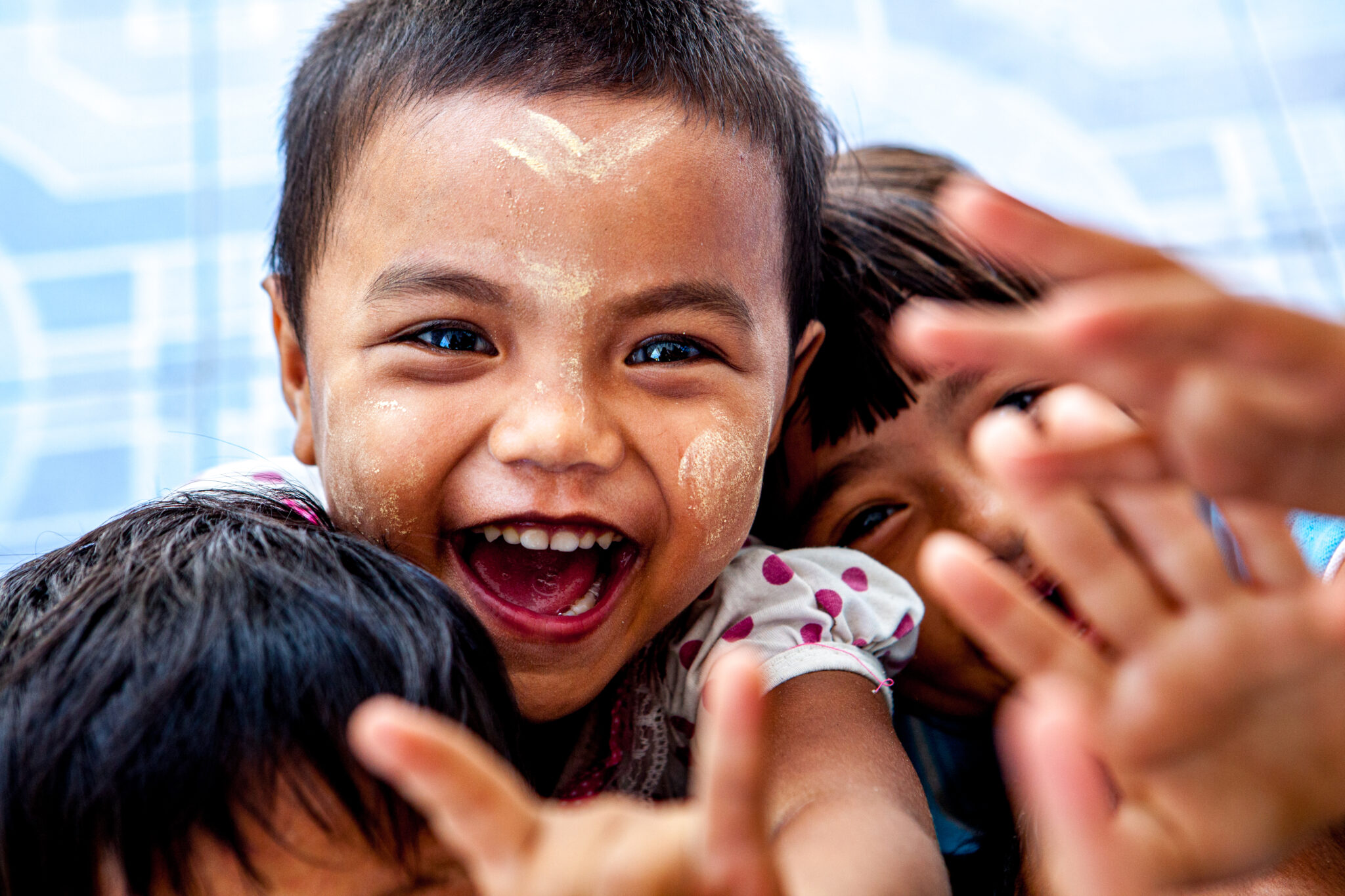

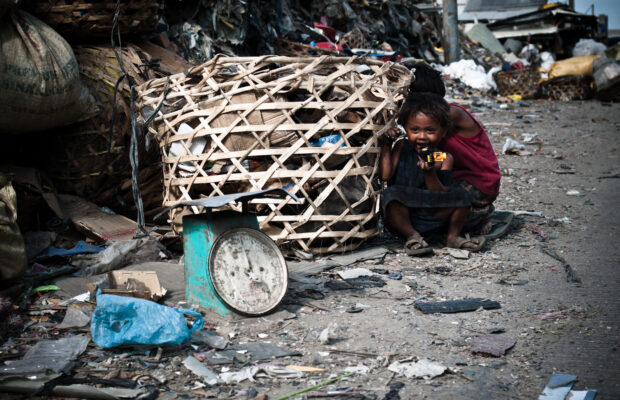
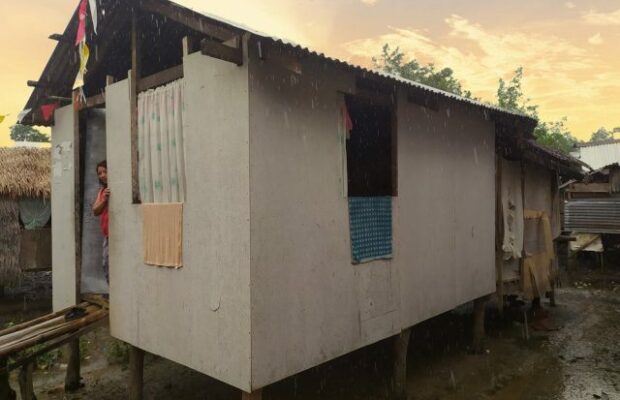
People of Samar: the Waray tribe
On the island of Samar and its neighbors in the east of the Philippines lives an ethnic minority, the Waray tribe. With their own […]

